On The Edge by various authors, translated from the Hindi by Ruth Vanita, Penguin Random House India, 2023
“We all live in a prison of some kind,” Manoranjan, the protagonist of Sara Rai’s story “Kagaar Par,” tells his lover Javed, from whom he is separated both by barriers of class and religion, and by the glaring fact of social opposition to same-sex relationships. “Not being able to love openly is my prison. . . I know that it’s very hard for an ordinary man to understand my compulsions and to love a prisoner.” The story’s title, translated as “On The Edge,” lends its name to this anthology of translations from Hindi by Indian author, professor, and activist Ruth Vanita, and echoes the themes of queer desire and alienation that run through the collection.
This book comes amid what the Booker Prize-winning translator Daisy Rockwell has described as a “boomlet” in translations of modern Hindi literature—a boom in comparison to the previous dearth of translations, but one in which “so much remains untranslated and unpublished,” including key modern works. On The Edge, which includes modern and older stories, can in some ways be considered part of this boom, which is highlighting the variety and depth of Hindi literature. The story collection also comes at a time when same-sex relationships in India are under increased scrutiny—the Supreme Court is currently deciding a batch of petitions to expand existing marriage laws to include same-sex marriages—and in this context, it is also an attempt to unearth stories depicting queerness in Hindi literature
In this way, Vanita’s anthology makes a powerful statement against the frequent assertion that homosexuality is an aberration or alien to Indian culture. This view of Hindi literature as devoid of queer stories is a common one. In the introduction to this anthology, Vanita demonstrates how widespread this misreading is, quoting Namvar Singh, a revered Marxist critic of Hindi literature, who described homosexuality as “an exception, not a widespread practice,” and declared that “that is how it should be portrayed in literature.” He also derided authors working in English who, he claimed, were “trying to gain cheap popularity by glorifying this exception,” and cautioned the Hindi literary world against this. READ MORE…

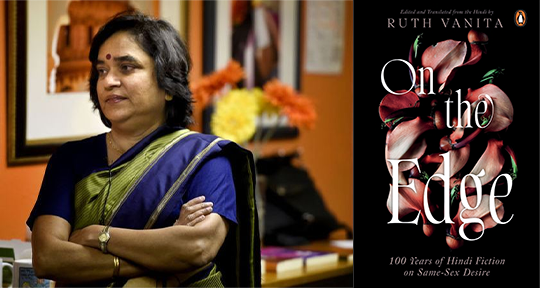

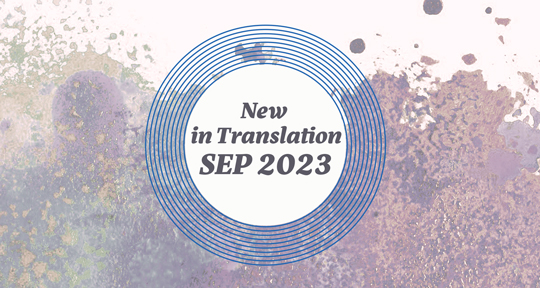
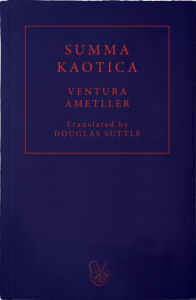
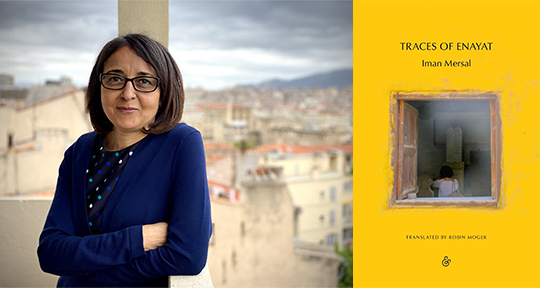

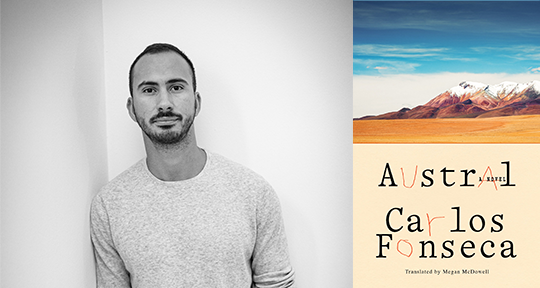
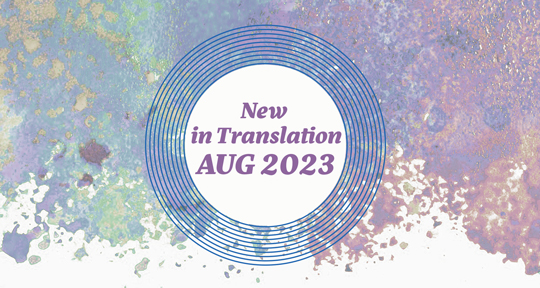
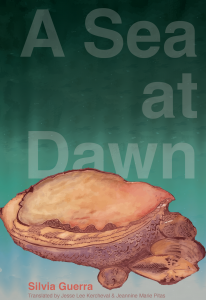
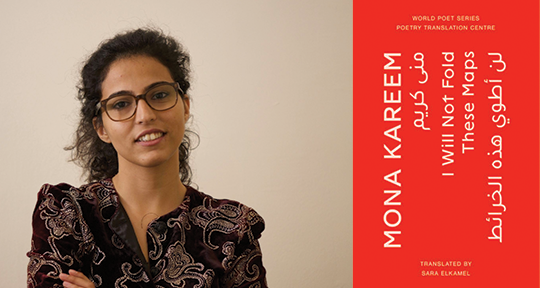
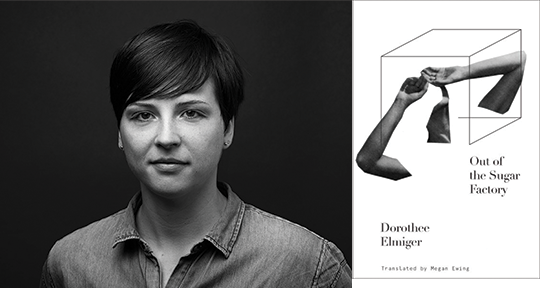

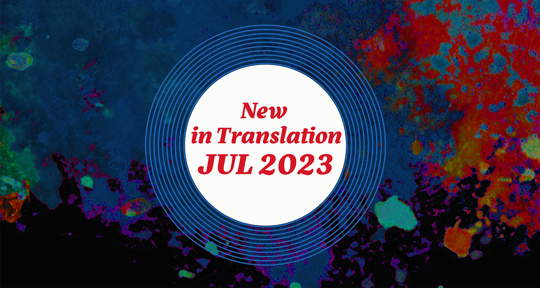
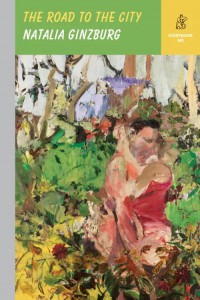
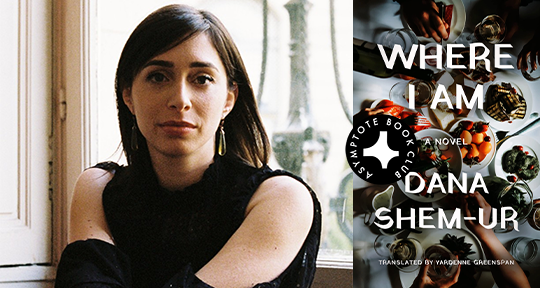
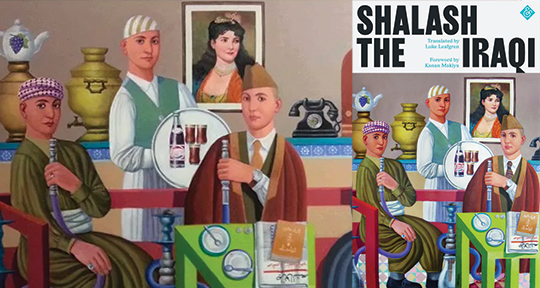
Compass and Rifle: On Roque Dalton’s Stories and Poems of a Class Struggle
No one escapes Dalton’s inquisitive pen . . .
Stories and Poems of a Class Struggle by Roque Dalton, translated from the Spanish by Jack Hirschman, Seven Stories Press, 2023
On Thursday, July 6, 2023, the inaugural day of Guatemala’s International Book Fair (FILGUA), the government of El Salvador requested organizers to exclude Salvadoran author Michelle Recinos’ Sustancia de hígado (F&G Editores) from the fair. The next day, online news outlet elfaro revealed that El Salvador’s ambassador in Guatemala had said, “It would’ve been an unpleasant thing for the government of El Salvador if this book had been a part of the fair.” Details are scarce, but presumably, this action was related to Michelle’s story Barberos en huelga, winner of the 2022 Mario Monteforte Toledo Prize, which openly criticizes sitting president Nayib Bukele’s war on gangs.
Hearing this, I can only imagine what Roque Dalton would have written about Bukele.
Roque Dalton’s Historias y poemas de una lucha de clases (Stories and Poems of a Class Struggle) dates back to 1975, and remains as timely as ever. In a time when most Central American countries are under authoritarian regimes and have experienced backslides of democracy, the life and work of Roque Dalton is at once a beacon of hope, an inspiration, and a warning sign. Historias y poemas de una lucha de clases is a book filled with courageous testimony, the poet’s typical dry humor, and bone-chilling depictions of state violence. Here, Dalton is hyperaware of the pain and plight of his compatriots, but in addition to his typical grittiness and social critique, we also find tenderness, softness, beauty, and frailty; Dalton’s acute perception is both a rifle and a compass, manifesting in words of both rebuke and encouragement.
READ MORE…
Contributor:- José García Escobar
; Language: - Spanish
; Place: - El Salvador
; Writers: - Alaíde Foppa
, - Carlos Fonseca
, - Ernesto Cardenal
, - Jack Hirschman
, - Jaime Barba
, - Julio Delfos Marín
, - Luis de Lión
, - Luis Melgar Brizuela
, - Margaret Randall
, - Michelle Recinos
, - Otto René Castillo
, - Roque Dalton
; Tags: - authoritarianism
, - Central American literature
, - class struggle
, - elfaro
, - F&G Editores
, - fascism
, - FILGUA
, - Mario Monteforte Toledo Prize
, - Salvadoran literature
, - Salvadoran poetry
, - Seven Stories Press
, - social commentary
, - social critique
, - state violence